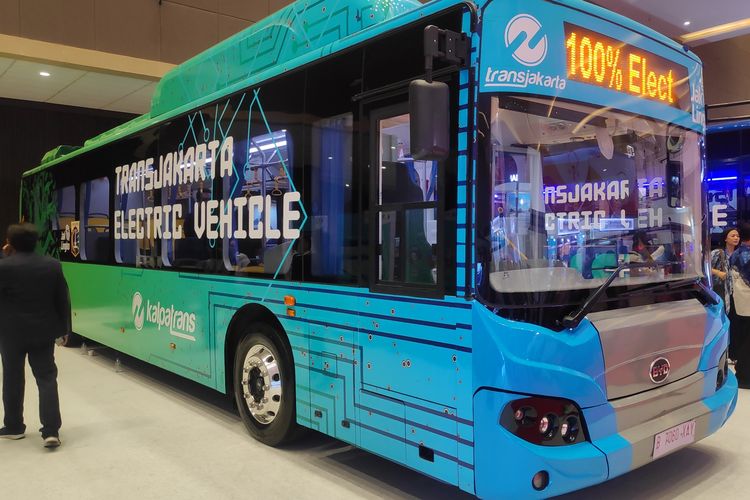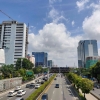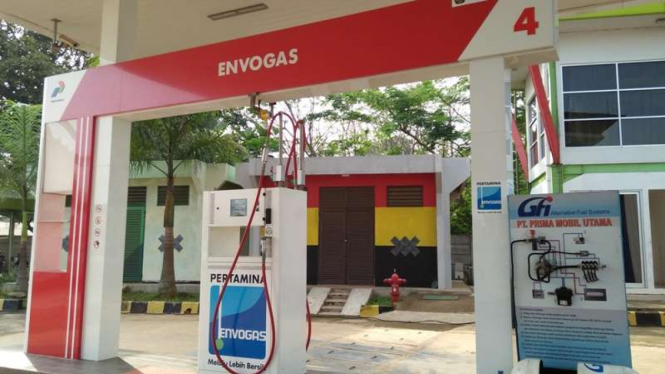In May 2019, PT Transjakarta, who runs Jakarta's integrated bus system, has started to road-test electric buses. This seems like a step in the right direction for Jakarta, which is infamously known as one of the most polluted cities in the world. It was stated, that electric buses are more environmentally friendly, where it leaves no gas emission to generate energy needed by the buses. Everything seems fine, and the future looks bright for Jakarta.

However, this claim by the director of PT Transjakarta is somewhat inaccurate, as the fossil fuel energy still covers more than 80% of the energy mix in Indonesia. This is a sad fact, remembering that Indonesia has the target to meet 25% energy mix from renewable energies, where in the end of 2018, it was still only 13% and comes mainly from hydro and geothermal energy.
By using electric buses, the emission is only shifted from the combustion of diesel fuel or CNG (compressed natural gas) into the energy conversion in power plants. Moreover, the electricity generation in Indonesia is still dominated by coal power plants (44% according to EnergyPedia in 2018), which impacts the environment more severely than diesel and CNG.
From the viral documentary "sexy killers", we know that the coal power plant industry in Indonesia is dominated by powerful people in the government and won't be replaced with a more environmentally-friendly power plant in the near future. Coal doesn't only damage the land through the mining process, but also produces 50%-60% more carbon dioxide than natural gas due to the low C:H ratio of coal.
In the beginning, Transjakarta made a decent decision by using CNG, not diesel, that was replaced by diesel-fuel buses starting 2017 because of economic considerations. Therefore, this move to switch to electric busesbecome more confusing, where they switch once again to a more expensive alternative. Transjakarta could make the claim if the Java-Bali grid has improved the renewable energy systems in the grid. However, most of the renewable energy developments are coming from East Indonesia.
For me, it's much better for Transjakarta to turn back into CNG if they really want to be environmentally friendly. They also already have the infrastructure for CNG fuel stations and experience in doing it. Natural gas has already proven to be a good source, where the US recorded the lowest emissions since 1985 due to natural gas utilizations (realclearenergy.org).
Of course, this move wouldn't be as "spectacular" for people, as they don't really understand the total life-cycle of the energy sources. '
On the other hand, if the reason behind Transjakarta is to prepare themselves for the future where renewable energy grows and fossil fuel power plants decreases, this move becomes somewhat justifiable. One technology that might be interesting for Transjakarta is a photovoltaic-system for the electric buses so the buses can charge on-the-go. I will talk about this more in an upcoming piece.
However, all of this is sadly, still in the distant future for Indonesia.
In conclusion, this move has to be finalized in the right time, a time where Indonesia has developed their renewable energy systems and ready for the electric-based transportation system in order to decrease carbon dioxide and sulfur-oxide emissions. If it's up to me, I would campaign for a CNG-based buses to dominate the Transjakarta buses once again. Cheers.
Disclaimer: this is an opinion and I am very interested in constructive debates. I don't know everything and I might be wrong in my analysis.
Jakarta, 29 June 2019
Joshua Suhadi Sabarman
Sustainable Energy & Environme










